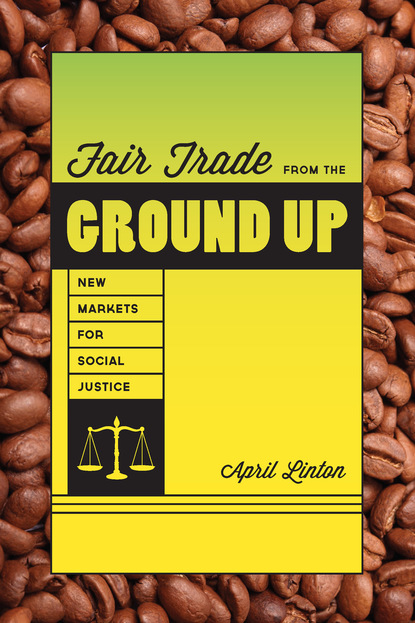
Fair Trade from the Ground Up скачать fb2
April Linton - Fair Trade from the Ground Up краткое содержание
Fair Trade promises to raise living standards in developing countries through:– worldwide minimum prices for commodities- support for democratically governed cooperatives- requirement of minimum wages and safety standards for workers- training to help producers improved quality and develop business skills- encouragement of eco-friendly practices- third-party certificationIn contrast to the free trade status quo, Fair Trade relies on informed consumers to choose more direct supply chains that minimize the role of middlemen, offering economic justice and social change as a viable and sustainable alternative to charity. But does it work?Fair Trade from the Ground Up documents achievements at both the producer and the consumer ends of commodity chains and assesses prospects for future growth. From Guatemalan coffee farmers to student activists on U.S. college campuses, the stories of individuals inform April Linton's analysis. Drawing on studies by social scientists and economists, as well as on new case studies, she provides balanced answers to hard questions: How can large institutions be persuaded to commit to using Fair Trade suppliers? Does ethical consumerism work? Are the «social premiums» that are built into Fair Trade prices really being used for community projects? Will Fair Trade market growth reach the scale of organics or green products? This book meets a long-felt need among economic-justice activists, consumer groups, and academics for a reliable qualitative and quantitative overview of achievements of the Fair Trade movement.
Скачать книгу «Fair Trade from the Ground Up» April Linton
Чтобы оставить свою оценку и/или комментарий, Вам нужно войти под своей учетной записью или зарегистрироваться



